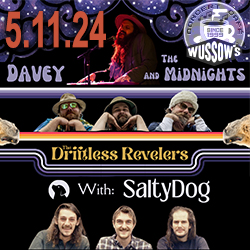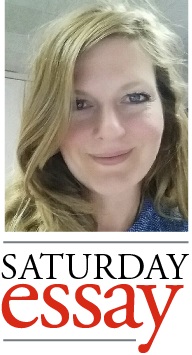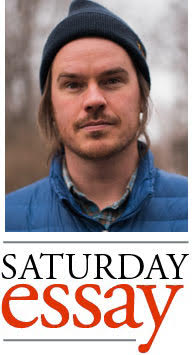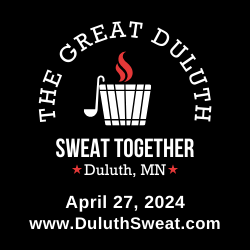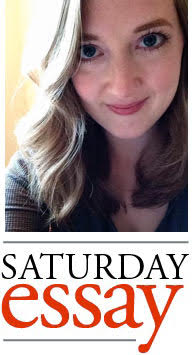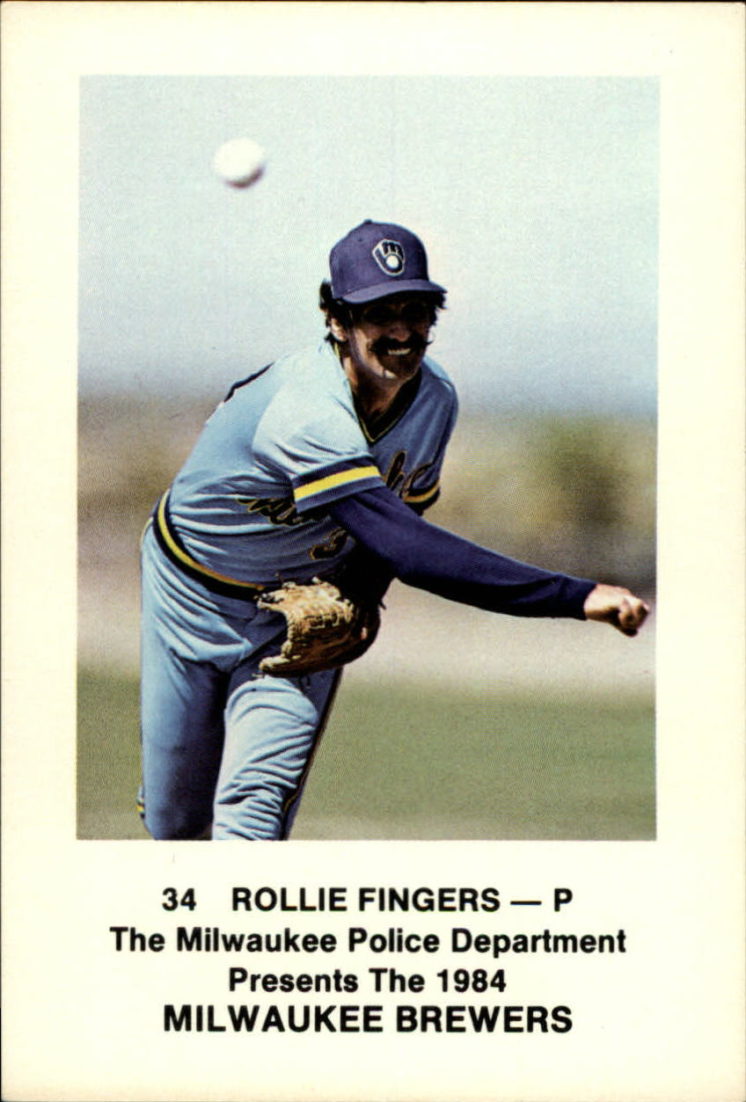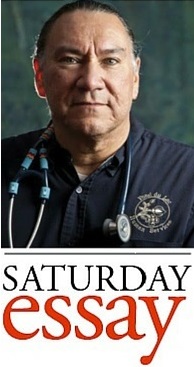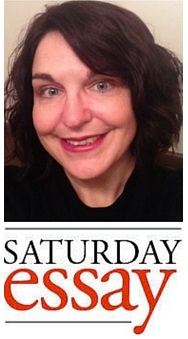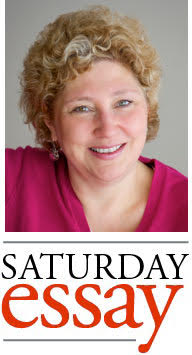Hop In
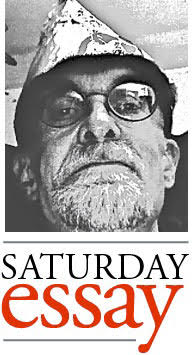 When I was nineteen my parents dropped me off on US Highway 2. I had a pack, tent and sleeping bag, a couple hundred dollars in one pocket, a polished agate for a lucky charm in another, and a cardboard sign that said “Seattle.” I’d soon learn it’s better to have a sign that says “west” than the name of a specific city almost two-thousand miles away.
When I was nineteen my parents dropped me off on US Highway 2. I had a pack, tent and sleeping bag, a couple hundred dollars in one pocket, a polished agate for a lucky charm in another, and a cardboard sign that said “Seattle.” I’d soon learn it’s better to have a sign that says “west” than the name of a specific city almost two-thousand miles away.
The first person I met was another hitchhiker, a distinguished fellow, grey at the temples, traveling the country playing piano in nursing homes for his meals. Though he carried a miniature book of musical scores to lighten his pack, the odd thing was, as he stood along the road waiting for rides, he lifted weights. About fifty pounds worth. He couldn’t see leaving them at home. Maybe it was a ploy to weed out the wrong drivers, some sort of immediate ultimatum: love me, love my barbells. Those fearful of excess baggage need not engage.
A local woman had us throw our gear into the back of her truck and got us out of town. Then, straight out of my youthful road-trip dreams, I was picked up by a semi and rode high in the cab all the way to North Dakota. I spent the night in the open on a bit of scruffy highway median, sleeping in the dew.



